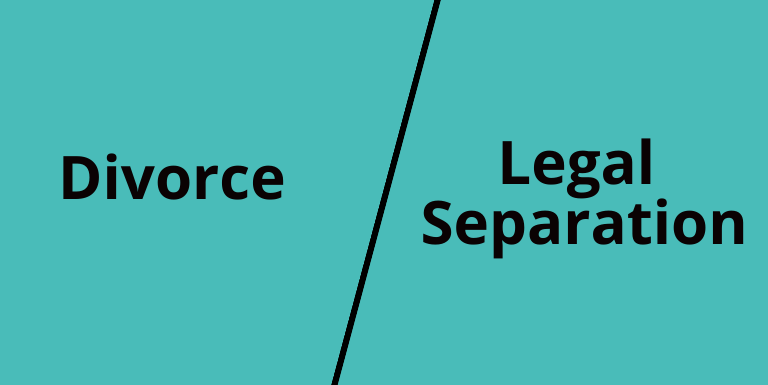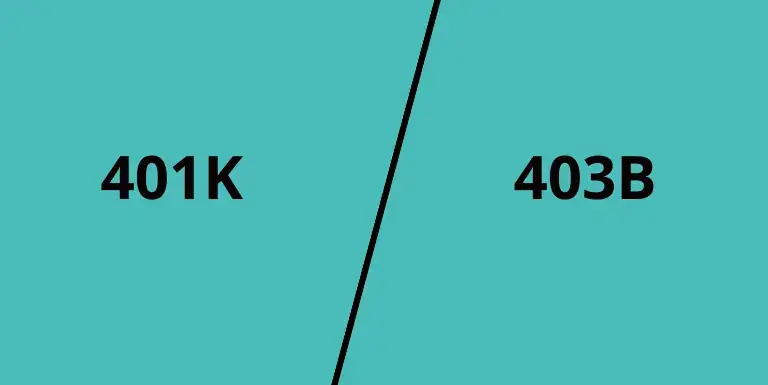Difference between Divorce and Legal Separation: Few of the married couples whose marriages have gone sour are often asking about the difference between divorce and legal separation.
Which one would best protect their separate interests? And which one would be most ideal for their current situations?
What is Divorce
Divorce is the legal dissolution of a marriage by a court or other competent body. In other words, it is the absolute termination of a marital union.
Divorce cancels the legal duties and responsibilities of marriage between married couples under the rule of law of the country or state where the spouses are residing in.
The law for divorce varies among countries, but it typically requires the sanction of a court or other legal authority.
The legal process of divorce tackles issues involving alimony (or spousal support), child visitation and custody, division of debts, and distribution of assets or properties.
In most countries, divorce allows each former spouse to contract a new marriage with another.

What is Legal Separation
Legal separation is a legal process by which a married couple formalizes a de facto separation (or separation agreement) while deciding to remain lawfully married (either temporarily or long-term).
Such separation of the spouses is granted legally in the form of a court order.
The process for legal separation tackles the same issues as those involved in divorce cases. However, it does not automatically lead to divorce.
There is still a possibility that the spouses may reconcile in the process. If reconciliation is not anymore attainable, they can eventually file for divorce.
Other terms for legal separation are judicial separation, separate maintenance, divorce a mensa et thoro, and divorce from bed-and-board.
The term used varies among regions and countries. The same goes for the law and legal processes involved.
But unlike divorce, the spouses under legal separation are not allowed to remarry since their marriage is still subsisting.
Although divorce can be had immediately upon the spouses’ instigation, a few couples often go for legal separation at first.
Among their reasons for doing so include:
• retaining the medical benefits and other government benefits that might end once divorced (some of these benefits though may exclude legally separated spouses from eligibility);
• their respective religions or morals strictly oppose the concept of divorce;
• either or both of them are not yet able to file for a divorce under their current state’s residency requirements or waiting period; and
• both spouses simply find it less stressful to deal with a separation agreement than with a divorce settlement agreement.
Difference between Divorce and Legal Separation
The focal difference between divorce and legal separation is that divorce dissolute the marriage entirely whereas legal separation does not.
With a legal separation, the marriage is still subsisting but the spouses are living separate lives.
One key difference to remember between divorce and legal separation is that the latter allows couples a period of time apart from the conflicts of their marriage to figure things out first among themselves.
Some couples tend to reconcile within such a period of time. Those couples, on the other hand, who are firm with their decisions to separate, then push through with a divorce.
In this regard, legal separation is considered an ideal prelude to divorce.

